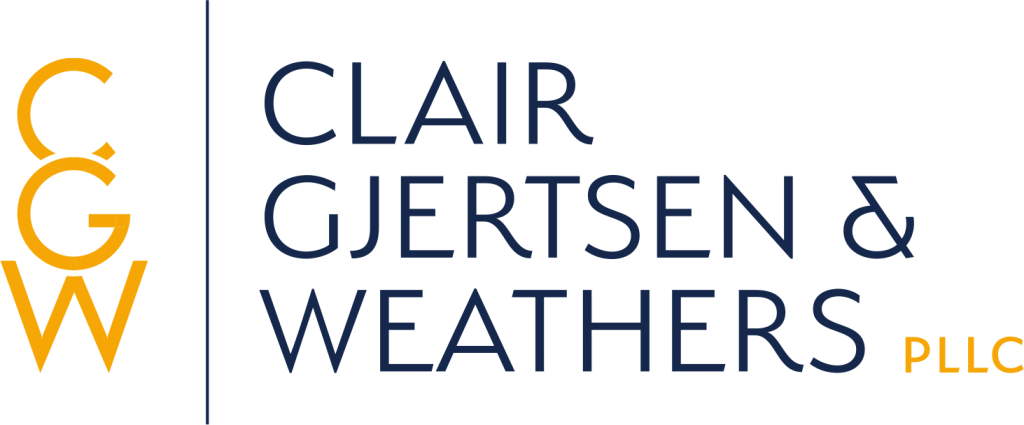In response to the COVID-19 Pandemic, New York Governor Cuomo signed into law the COVID-19 Emergency Eviction and Foreclosure Prevention Act of 2020. The latest extension of the Eviction Moratorium put a stay on foreclosures and evictions until August 31, 2021 for mortgagors and tenants who have suffered a COVID related hardship. This can be accomplished by a tenant submitting a declaration of hardship to the landlord or court.
Eviction Moratorium Lawsuit
On May 6, 2021, several landlords and the Rent Stabilization Association of NYC, Inc. filed suit in the U.S. District Court for the District of New York alleging that the Moratorium violates the Due Process Clause and the First Amendment by shutting them out of housing courts without a hearing and requiring them to convey government messages against their wishes and interests. The District Court declined to enter a preliminary injunction and instead dismissed the case despite finding that plaintiffs adequately demonstrated irreparable harm. The District Court determined among other things, that the Moratorium did not impede property owners’ procedural due process rights; and that the State’s interest in combatting the pandemic outweighed the irreparable harm that plaintiffs had demonstrated. The ruling was appealed by plaintiffs and eventually made its way to the United States Supreme Court.
U.S. Supreme Court level the playing field for landlords.
In a firm 6-3 decision, the U.S. Supreme Court struck down a key provision of the Moratorium that allowed tenants to self-report a Covid-related financial hardship by filing the hardship declaration and automatically stay an eviction proceeding until August 31, 2021. The majority agreed that “[i]f a tenant self-certifies financial hardship,” the Moratorium “generally precludes a landlord for contesting that certification and denies the landlord a hearing…(which)violates the Court’s longstanding teaching that ordinarily ‘no man can be a judge in his own case’ consistent with the Due Process Clause.”
What effect does this decision have on Residential Eviction Proceedings?
Among other things, the Supreme Court decision enjoins the requirement that an eviction action is not automatically stayed if the tenant submits a hardship declaration claiming financial hardship. Instead, the court must schedule an evidentiary hearing to see if such a claim alleged by the tenant is valid. Furthermore, the landlord is no longer required to serve the tenant with the hardship declaration form before moving forward with an eviction action. Requiring courts to conduct hearings on the legitimacy of a tenant’s declaration of financial hardship will lead to a more equitable and transparent eviction proceeding.
What effect does this decision have on Foreclosure Proceedings?
As the Supreme Court did not hear any argument regarding the legality of the Act that covers the foreclosure Moratorium, that portion remains undisturbed. The Moratorium on foreclosures is still set to expire on August 31, 2021.
Have Questions About the Eviction Moratorium?
Clair Gjertsen & Weathers PLLC continues to monitor this ever-changing landscape. For additional questions regarding the implications of these decisions and related landlord/tenant issues, we invite you to contact Clair Gjertsen & Weathers PLLC by calling 914-472-6202. We look forward to hearing from you.
